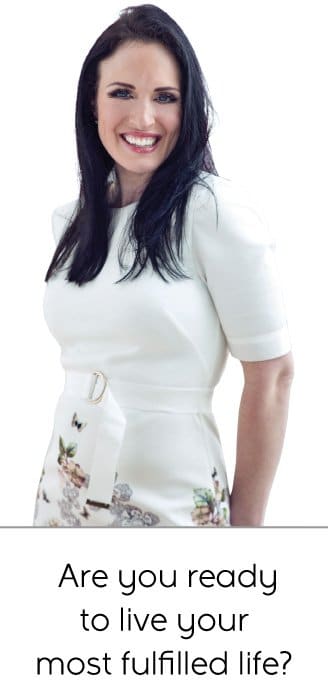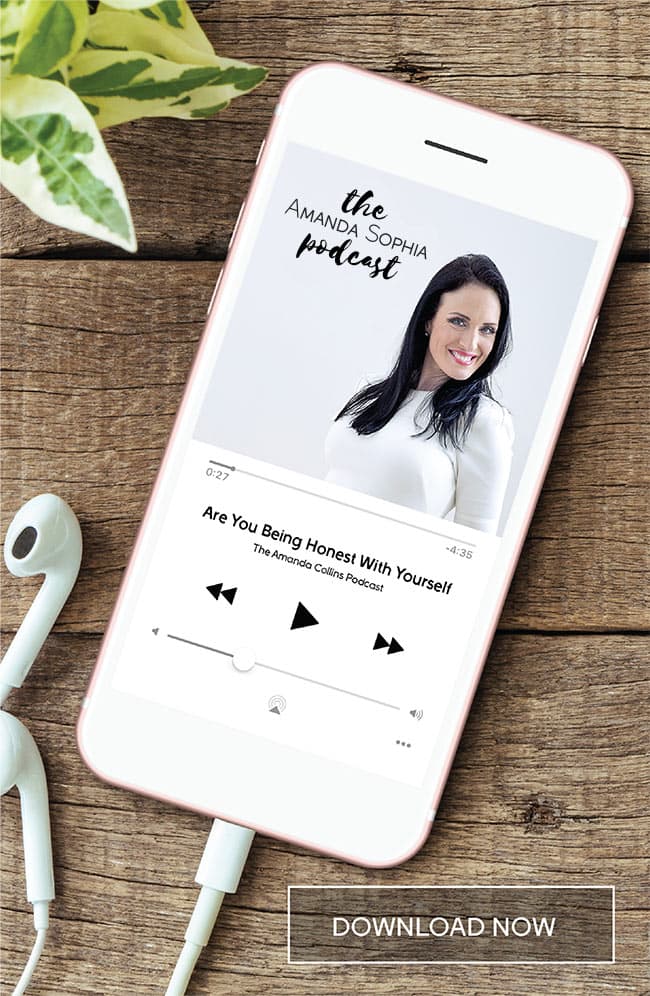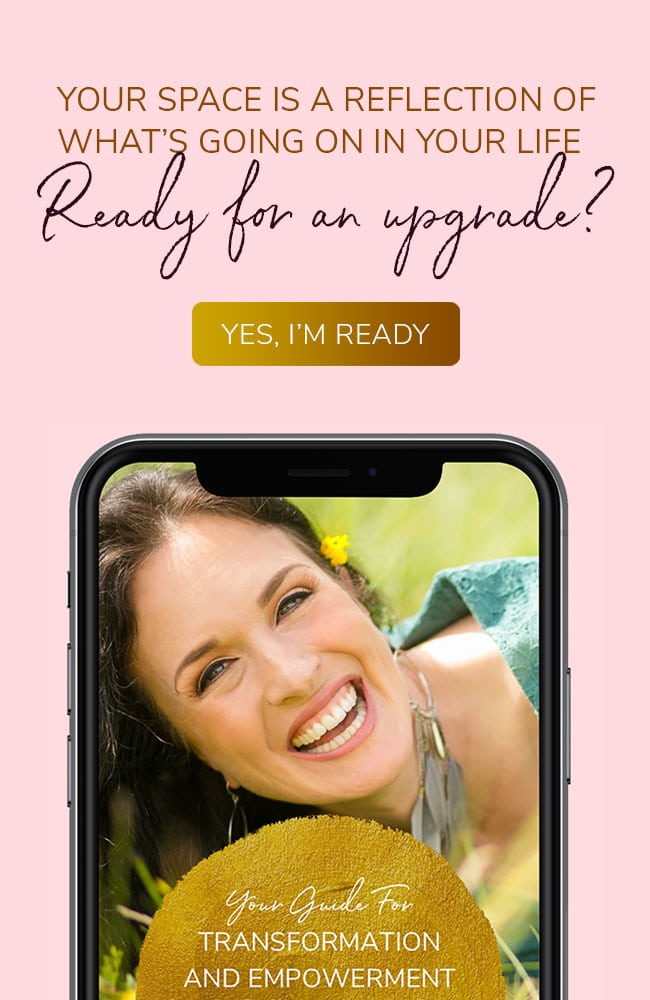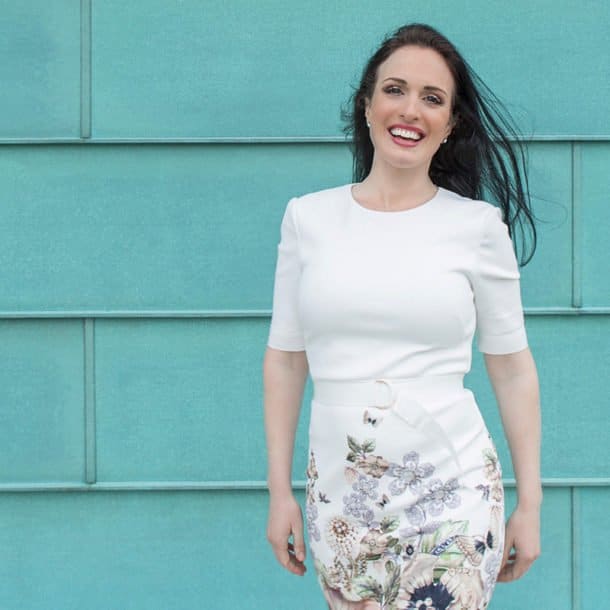Being of service feeds our soul. But what is the difference between truly being of service and merely people pleasing?
This is a really good sign that you are merely trying to please someone, rather than be of service. Whatever your reasons for people pleasing, here are some excellent signs to help you identify when you are doing just that:
- feeling exhausted by others’ demands;
- assuming that you have to be everything to everybody;
- sensing you are in charge of another’s happiness,
- and feeling guilty when they put themselves first.
Usually when the people-pleasing motive takes over, it is because you are not connected to your own feelings of self love. You may be looking outside yourself to others to fill a sense of lack within yourself. Pleasing can lead to isolating yourself from Source, from others, and from yourself.
Why does people pleasing lead to isolation? Because you are giving away your power.
If you discover that you are always putting other people’s needs ahead of your own, then perhaps it is time to slow down and check in. Ask yourself: Does my life benefit from my continuing to be this way?
Cultivate the new habit of really listening to that deep, loving voice inside yourself. Learn to listen to your soul’s voice and to your body; if something doesn’t feel right there, say “no”. If you really believe and live by the principle that what is the highest good for one is for the highest good for all, then your decisions really should be based on the intention with which you do or don’t do something. People pleasing is not a good intention or motive. Let’s say that you agree to cook for someone because you think you should and you have not eaten yourself that day and you are feeling resentful. So when you deliver the meal, you bring that negative energy along with the food. Is that truly being of service?
Let’s look at some other tools you can develop and practice to change from living in that automatic, default mode and instead get in touch with your own needs.
- Ask yourself, “Have I filled up my own cup?”
- Check in before responding and ask: “Is this something I want to do?”
- When in doubt, try this: Put your hand on your heart and say “Yes, I would be happy to do that” out loud and notice how that feels in your body which will always speak to you. Do you feel a tightening in your chest, stomach or throat?
- A moment or two later, put your hand on your heart and say “Sorry, no, I am not able to do this at this time.” Notice how that feels in your body.
- This exercise will help you feel what is truly your truth, for the universe responds by vibration, and will never try to punish or reward you. It just invites you to come back to the state of unconditional love, which is your birthright.
Another reason you may return to the default position of saying “yes” when that answer is not what you feel, is that you lack not just self-love, but self-worth.
Really get connected to your truth, your inner guidance, connected to your higher self. Other practices such as daily meditation, quiet time, journaling and conscious practice will further foster this connection. The more you do this the more connected you become, and then the new habit just becomes your way of living.
Creating and observing healthy boundaries is also vital to this process. If this is not something you normally do, think of building this habit as if it were a muscle you are trying to strengthen. The more you practice good boundaries, the stronger they become.
Another way of thinking about this distinction between true service and automatic people pleasing involves the concept of personal balance. Imagine your life as a weighing scale that is always tipped to one side because you are always saying “yes, yes, yes” to others even when your physical, emotional or spiritual body is begging you to rest and regenerate. As you practice learning to say “no”, the first few tries might be difficult for you, and so awkward it is as if the scale tips with a thud to the other side.
Despite the temporary imbalance, know that if you just check in and trust that you are making your choices always for the highest good for all and that you are becoming more aligned with your soul, then you are healing and affirming your own self worth. You will eventually achieve a new steadiness, your personal scale will balance again, and the people who truly care about you and love you will respect and honor you for it.
My invitation to you is give yourself this tremendous gift.





